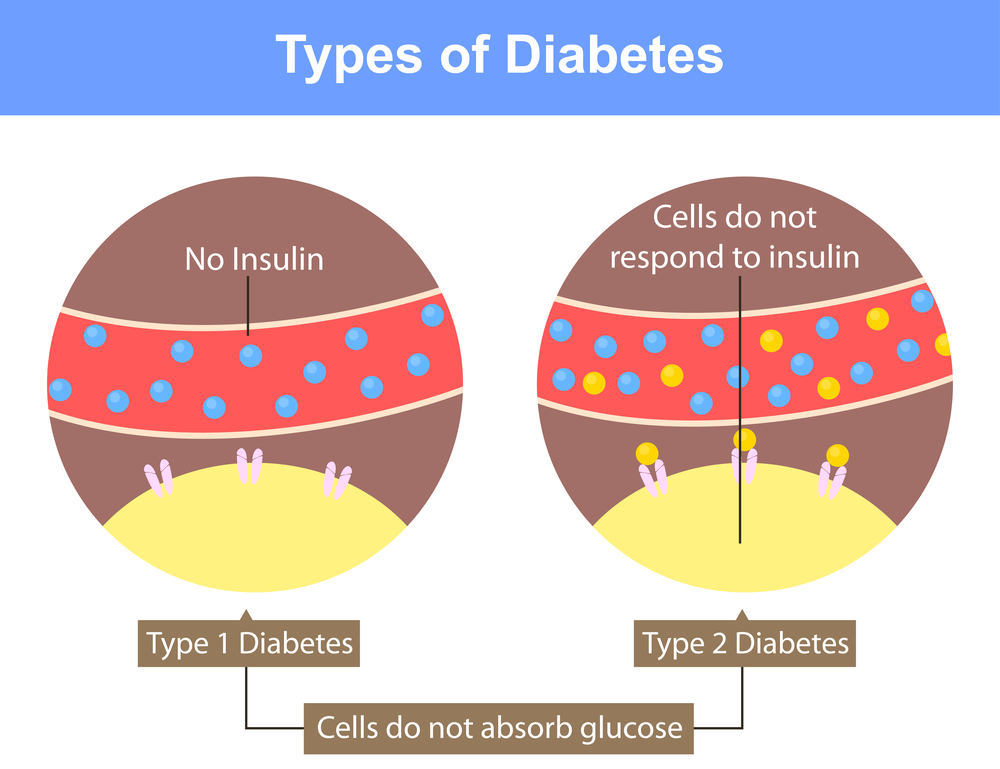I’m going to cover sulfonylureas tonight; this class is a mainstay in the treatment Type 2 diabetes. Other than metformin, these drugs are probably the most frequent oral class used. The most frequent names that come to mind are glipizide, glimepiride, and glyburide…the “g” drugs. In the most simple way to describe these drugs, they increase the body’s production of insulin – therefore lowering blood glucose. I have seen chlorpropamide (another sulfonylurea) a few times, but this drug is rarely used due to potential problems of hypoglycemia or SIADH – per Lexicomp. I have not personally seen SIADH from chlorpropamide, but hardly anyone is on this drug especially in the elderly population. Hypoglycemia, hypoglycemia, hypoglycemia is primarily the biggest concern with these medications because they cause the release/production of more insulin. Glyburide use is not recommended with a creatinine clearance less than 50 mls/min per Lexicomp; glipizide is generally preferable in kidney disease.
Sulfonylureas

2 Comments
Trackbacks/Pingbacks
- Can I Take Sulfonylureas With a Sulfa Allergy - Med Ed 101 - […] This is typically going to be from a reaction to sulfa antibiotics (i.e. sulfamethoxazole). Sulfonylureas are one of the…
Submit a Comment Cancel reply
This site uses Akismet to reduce spam. Learn how your comment data is processed.
Written By Eric Christianson


Is there a class that we can watch?
I’ve created a webinar for subscribers on polypharmacy – simply enter your email on the right hand side of the page, then copy/paste the link into your browser, I don’t have any videos on diabetes/sulfonylurea. Yet…maybe in the works